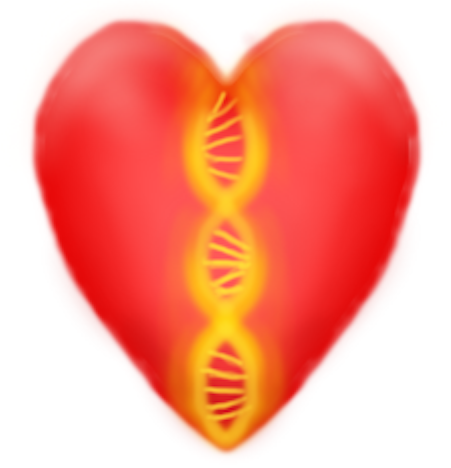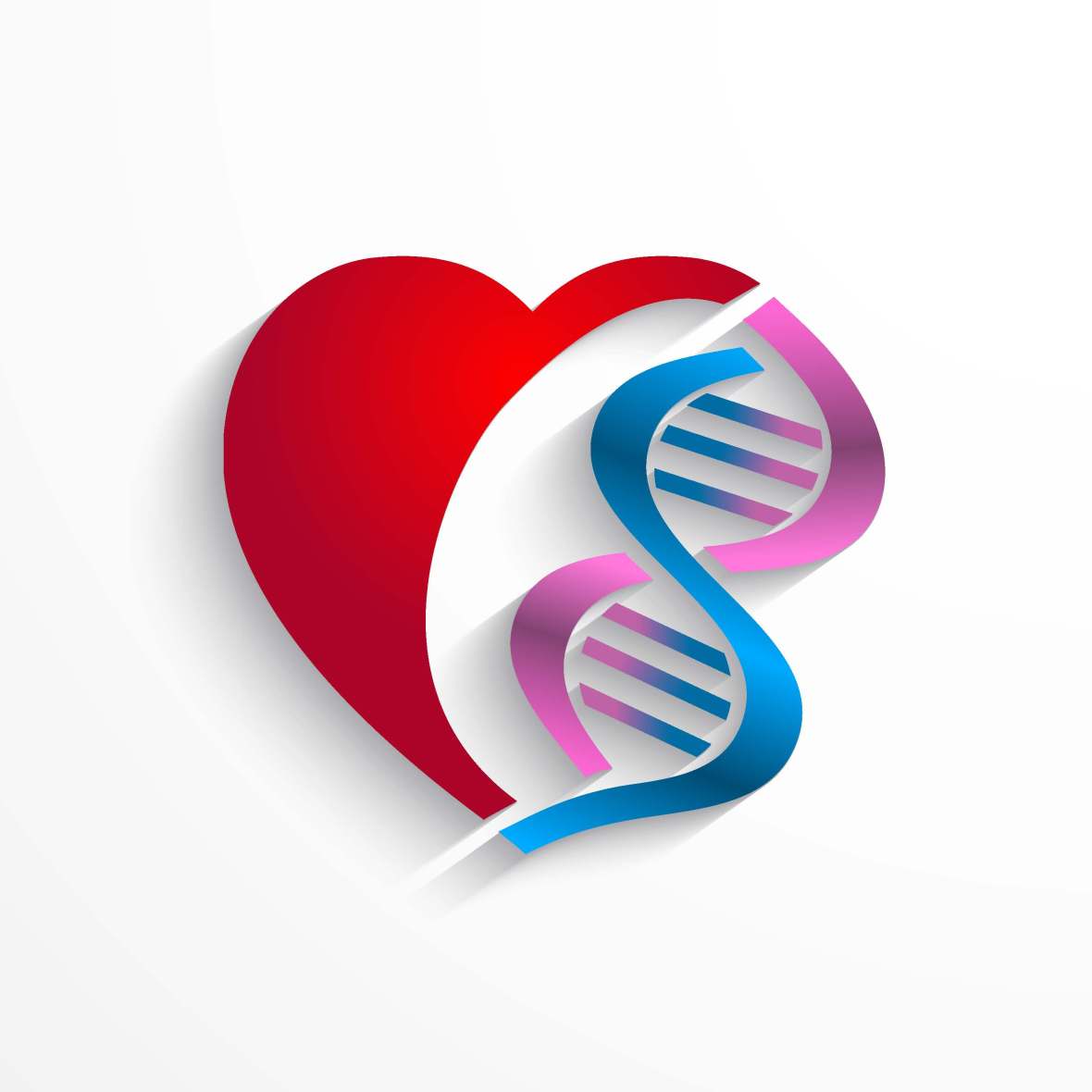Home
Hopeful Science’s goal is this: to help rare disease groups understand and navigate the path toward development of translational medicines for their rare disease.
There are approximately 7000 rare diseases currently known, but until recently very little headway — in terms of precision medicines — has been successfully made for the vast majority of them. With encouragement from the FDA for fast-tracking clinical trials for drugs for orphan diseases, along with the Orphan Drug Act, coupled with the sweeping wave of biotechnological advances that hold so much promise for rare disease, we now see a lot of hope for translational medicine development that was not possible before.
However, there is still a significant patient-to-pharma gap in communication, and in science for rare diseases, that we hope to help fill.
Pharma companies have to make hard decisions about which rare (or common) disease indication to pursue and which ones to put on hold all the time. There are of course many factors involved in this: is there enough of a patient base for an adequately powered clinical trial? Does robust natural history study data exist that would serve to determine correct and measurable endpoints? Are the patients engaged and willing to participate, and do we fully understand what would be important to improving their quality of life? Is there a mouse or other models available for preclinical work? How well do the models reflect the human condition? What about patient cell availability along with appropriate control cells? Is the mechanism of the disease and the known mechanism of the drug(s) in their pipeline a good fit, and if either of these is not known, how hard would it be to figure this out, given available resources and scientific reagents? etc., etc., etc.
Hopeful Science aims to help channel the energy of rare disease groups to help the science along to the point where the data on a rare disease is ‘primed’ for the right pharma company to jump in and partner with them for drug development. This includes boosting the education of the support group members on everything from what their genetic results mean, to how to find and partner with the right scientists carrying out the basic science necessary for preclinical understanding of mechanism and efficacy, to working on genotype-phenotype studies, allelic series studies, case studies, etc., to how to fund the making of mouse and other animal models for their particular rare disease, how to give basic science for their rare disease a boost, and finally, how to find and approach the appropriate pharma companies.
We do believe there is a lot of hope in science. We believe the time to act on this hope for rare disease is now. And we believe that together, we can make a difference.



